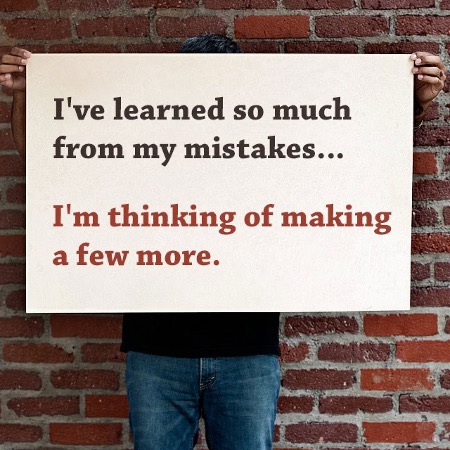Posted on: July 15, 2015
Yes, I am a Professional Organizer. No, this is not a list of what to purchase to organize a dorm room! The best ways to prepare your kid for college are not about “just right” closet containers.
Equipping your kid for college USED to be all about purchasing supplies. It was a rite of passage requiring special trips and careful planning. These days, everything your college student needs is probably already in your house! Or a quick Target run away – even after 8pm on a Sunday night.
For those things, load up your student’s debit card and tell them to have at it! They know their way around the store. They have been shopping with you for years.
No, the best way to prepare your student for college is by CHANGING YOUR OWN HABITS. And it starts with the phone…
- Cut the “Text Me” Umbilical Cord
What are your Cell Phone habits with your student? At your home, would I hear the following phrases?
- “Text Me when you get there.”
- “Text Me when you need a ride.”
- “Text Me if you forgot anything.”
Breaking the “Text Me” habit starts now, before your student is away at school. My own kids know I trust them to leave me. And they know I am not waiting around to hear from them. If plans change and they need a ride at a different time, or the pick-up location has changed, all I ask is they let me know about fifteen minutes before our agreed upon time. (Any sooner than that and the plans may change again.)
Try instead:
- “Drive safely!“
- “About what time should I be available to pick you up?”
- “Have a great day!”
When you hear yourself about to say, “Text Me,” consider how you can empower your student to manage the situation a different way. If you don’t, you and your cell phone will still be your student’s first line of defense for solving problems away at school. Getting used to you not being connected to EVERYTHING gives your student the confidence to plan and prepare – important organizing skills for navigating a college campus!
- Slow Your Response Time
We live in unprecedented times. Our kids have come of age as the “Immediate Gratification Generation.” Rapid access to money, fun foods, ceaseless on-line entertainment, healthcare, and photos of their friends is expected.
So…what happens when something unexpected happens? Kids expect it to be taken care of. Right. Away.
The Immediate Gratification Generationers actually need their parents to teach them to get comfortable with “discomfort.” And it takes effort. For both sides.
Here are three examples of ways break the NOW cycle:
- I need money! Instead of adding money to a bank account with a click, what if you worked out a budget? Help your student fill out a spreadsheet using previous debit card data and teach them to track their expenses. Agree upon an amount you will provide and stick to it. Even if it means passing up that t-shirt, shoe sale, or app download.
- There is nothing to eat! If your kids are in the habit of ignoring the half-empty bags, change how you store them. Cut off the excess bag and clip it. Shake partially filled boxes into a Tupperware container. Don’t offer to run to the store just because there is “nothing to eat.” There is, they just might have to work at it.
- I have a headache. Headache? Sniffles? Let it ride. Whatever happened to the common cold? We call it a sinus infection. Teach your student that a few aches and pains are okay and do not require a trip to urgent care. Grab a Kleenex and take a nap. Mild symptoms may persist for a few days, but they are supposed to.
Slowing your response time will give your student time to work through and solve problems for themselves. Yes, you know what they need. No, you do not always have to do something about it. In the long run, self-control and patience are more important life skills than dashing about for a quick fix. Be supportive (of course!), but do not plan to be their virtual personal assistant while they are at school.
- Let Them Struggle
Uh, oh. Your kid did not text you for help, ran into a problem, and made it worse. Good news! It is okay for your kid to struggle.
The word, “resilience,” is making the rounds, because the IGGers have demonstrated they do not feel they can handle problems on their own. The real challenge is, can YOU handle not stepping in? No one wants to see his/her child uncomfortable, but it is important to separate from their problems, or your kid will always expect you to step in with immediate solutions.
You are inadvertently teaching your student he/she cannot manage without you.
Unless your kid’s safety is at stake, ask yourself, “Will my involvement encourage his/her dependence on me?”
When you take that first step backwards, you may notice your student procrastinate the task at hand. And that will be difficult to manage. But, remember, it is his/her way of forcing you to step in.
Kids are good at the game. Allow them to play a wrong card every now and again and you will be teaching them to play LIFE. Help them enjoy the ride!







Leave A Comment